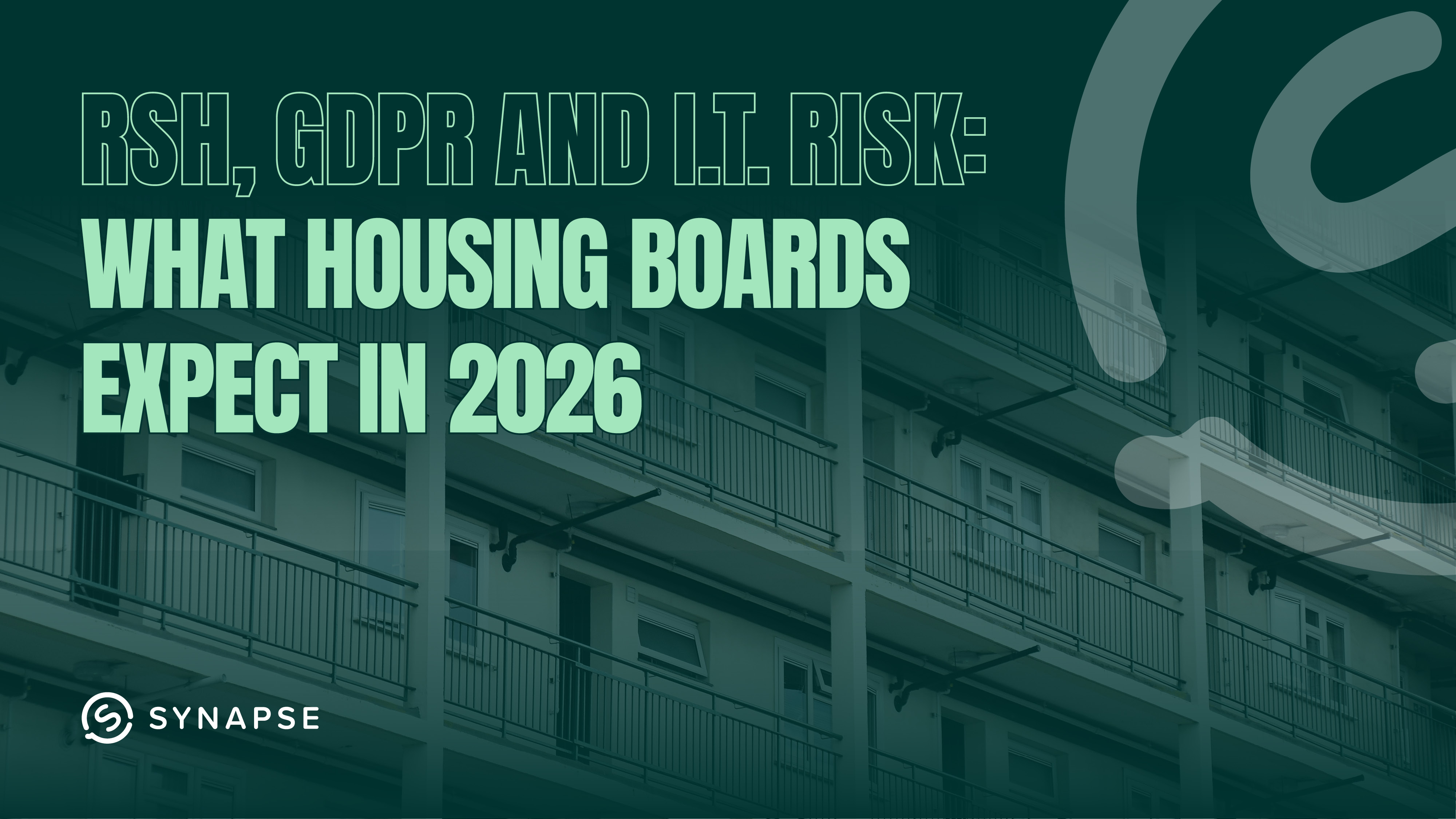
Around 43% of all businesses suffered a cyber security breach according to a recent government survey. It looks like the digital economy is increasingly rolling out the welcome mat for cyber criminals! However, that doesn’t mean that you have to resign to being a victim, especially if you keep cyber security essentials at the top of your mind in your operations.
Treat this blog like a free cyber security course, giving you a quick look at the basics of keeping your digital assets safe.
Core principles of cyber security (CIA)
Cyber security is about defending your computing systems, networks and data from uninvited guests. Invaders could steal, destroy or otherwise mess with your important digital property.
The pillars of data protection are often referred to as the CIA (no, not that one) – confidentiality, integrity and availability.
- The confidentiality of sensitive information – no authorisation, no access
- Data integrity above all else – everything must be accurate, complete and trustworthy
- The availability and accessibility of data, applications and systems to all authorised parties – you need data recovery protocols
These principles should inform all cyber security services or practices.
Vital practices
You need to know the ins and outs of every cyber security essential if you’re going to protect your business against millions of threats.
Risk assessment. You need to identify, evaluate and model threats based on the assets in your business, then take steps to keep them at bay. This is not a one-and-done kind of thing!
Endpoint security. Ensuring that every connected working device is secure with antivirus, anti-malware, data loss protection and more.
Note: This includes work-from-home devices and systems
Data security. Data must be protected active, on the move and inactive, with techniques like encryption and secure handling aiding this.
Access control. Mechanisms need to be in place to ensure only authorised users have access to resources – measures like multi-factor authentication are essential.
Network security. Network infrastructure needs to be fortified with firewalls, intrusion detection and prevention systems (IDPS) and proper segmentation.
Response & recovery planning. You need to be prepared for anything, whether that’s detecting a breach or knowing how to recover with backups after being hit with one.
Company culture & training. Staff should be aware of cyber threats and social engineering, with a baseline knowledge of maintaining security.
Government compliance. The business's security infrastructure needs to be fully above board with all current government regulations.
System configuration. All your systems and applications should be streamlined to remove unnecessary features and follow all your specific best security practices.
Regular monitoring & updating. Perhaps as a top priority, security measures should be monitored, logged and updated regularly to ensure everything is up to date.
These practices are the foundation of cyber security essentials, ensuring you have a strong, reliable strategy to combat the ever-evolving threats of today.
Addressing cyber security essentials
All of these processes can feel a little much if you’re not familiar with them – running a business isn’t something that exactly leaves a lot of spare time! Thankfully, continuity can be addressed by outsourced services. Expert teams like us can offer proper protection measures from ISO27001-accredited data centres, tailored specifically to your businesses. Get in touch today to find out how we could help your organisation be as safe and secure as possible.



